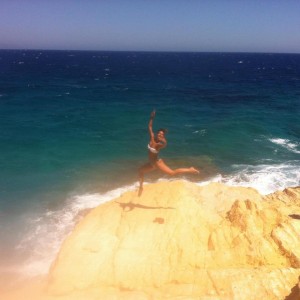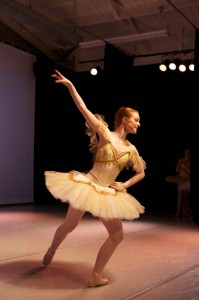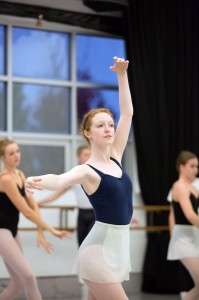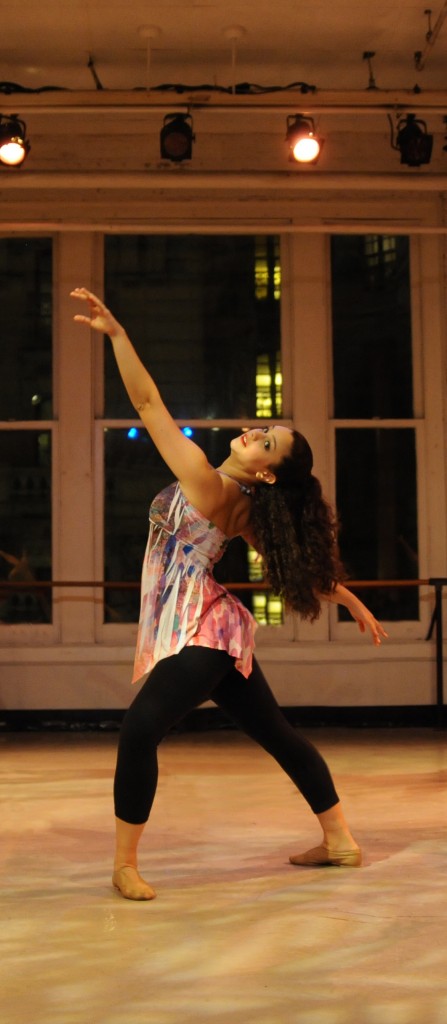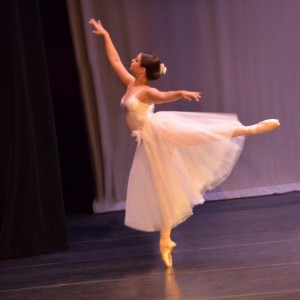Today we have a different type of student spotlight–a dancer who has crossed over into another area of dance…meet Lucy Panou…
1. Can you tell readers how you became involved with dance?
I started dancing quite a bit later in comparison to the rest of my peers, at the age of 12. My interest began in school PE classes when dance was being introduced as an alternative method of fitness and I took to it straight away. I was confident with it, had dexterity and co-ordination, it came naturally so to speak. I then joined an after school dance club and the rest is history. From there I joined a contemporary youth dance company led by one of the founders of UK dance company Phoenix Dance Theatre, Donald Edwards, and worked my way up to vocational training at Middlesex University.
2. What do you find you like best about dance class?
Dance and the act of dancing itself allow me to express myself. I find that whatever the emotive background of a specific movement, phrase or piece, I am still able to find my own personal and emotional connection. Finding this connection became very prominent whilst training for 3 years. I was able to relate to what I was doing on a much more complex level and had justification for each and every detail.
However, having shifted my focus from physically dancing to the academic side of Dance Science at Trinity Laban, my interests in dance have taken an 180 degree turn and have progressed to another area of the art form. Academic study at Trinity Laban has allowed me to truly discover what I am passionate about. I enjoy having access to the knowledge and the means to pushing physical boundaries in dancers. I truly believe that dancers should be classed as athletes as well as artists. An area of particular interest to me is how periodization and varying training protocols can improve the performance and physicality of professional dancers.
3. What is the hardest part about dance for you?
Having experienced it briefly at vocational level as well as being constantly exposed to it at Masters level, I am very confident in saying that the lack of knowledge about how the human body works is the hardest and least enjoyable part of the profession for me. This lack of knowledge, in my opinion, is inhibiting optimal performance in dancers. Over and over, studies have found that dancers are unfit in comparison to other athletes, and that they can be associated with malnourishment, eating disorders and high injury rates, as well as psychological-based issues such as low self-efficacy that can be linked to the lack of psychological training methods (Twitchett et al, 2010; Wyon et al, 2007; Nordin-Bates et al, 2011). The above may sound stereotypical and while it cannot be generalised for the entire dance population, the research suggests that it is very common. This is where my generation of dance scientists and physiologists comes in – bringing to light such problems and working closely with the dance community to provide a backbone of support.
4. What advice would you give to other dancers? [Read more…]





